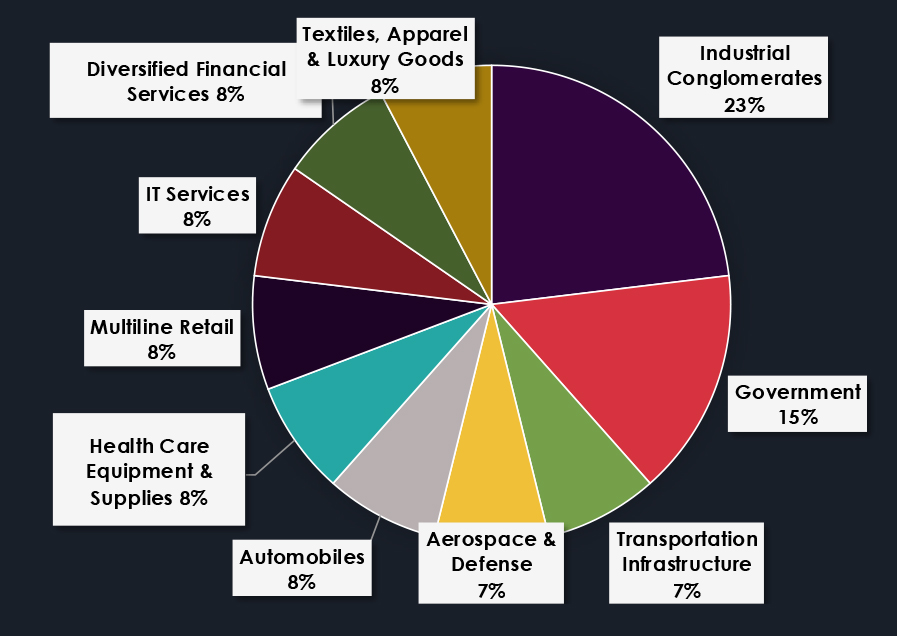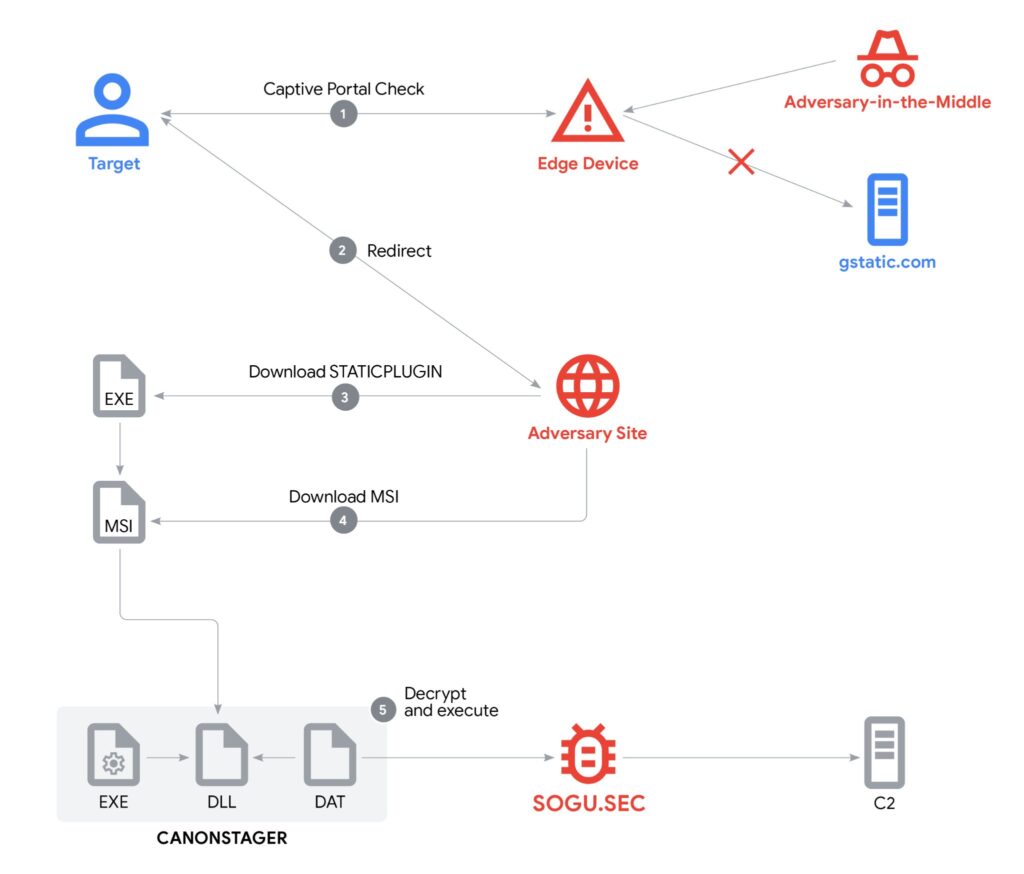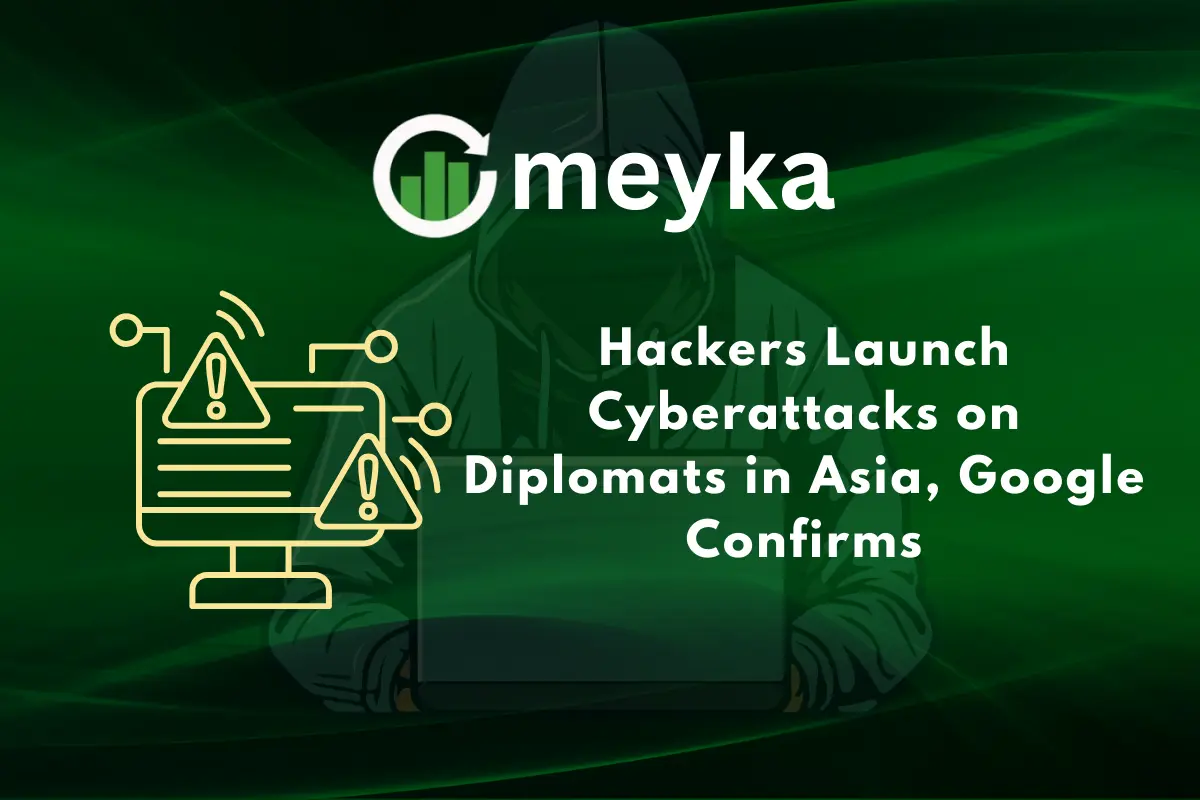Hackers Launch Cyberattacks on Diplomats in Asia, Google Confirms
Recently, hackers launched cyberattacks targeting diplomats across Asia. Google confirmed these attacks, highlighting a growing threat to international communication and sensitive information. These cyberattacks are not just technical issues; they strike at the heart of diplomacy. When officials’ emails and digital accounts are compromised, it can affect negotiations, security, and trust between countries.
A clear pattern is emerging. Hackers are becoming more sophisticated, using phishing emails, malware, and other techniques to gain access to confidential data. Diplomats are prime targets because they handle sensitive documents and discussions daily. Such attacks are a reminder that no one is completely safe online, not even government officials.
This article explores how these attacks happened, who was affected, and what steps are being taken to defend against them. It also explains why cybersecurity for diplomats matters globally, as it shapes international security and relations.
Background of the Cyberattacks
In early 2025, diplomats across Southeast Asia became targets of a sophisticated cyber-espionage campaign. Google’s Threat Intelligence Group identified the attackers as UNC6384, a China-linked hacker group. The campaign employed social engineering tactics, including malware disguised as software updates, to infiltrate diplomatic communications.

Approximately two dozen victims unknowingly downloaded the malicious software, compromising sensitive information. This attack aligns with China’s strategic interests in the region and reflects a pattern of cyber operations targeting diplomatic entities.
Google’s Confirmation and Role
Google’s Threat Intelligence Group played a pivotal role in identifying and confirming the cyberattacks. Through technical analysis, they traced the malicious activities to the UNC6384 group. The group utilized malware disguised as software updates to exploit vulnerabilities in diplomatic systems. Google’s involvement underscores the importance of collaboration between tech companies and governments in addressing cybersecurity threats.
Targets and Impact
The primary targets of the cyberattacks were diplomats and government officials in Southeast Asia. The compromised systems contained sensitive diplomatic communications, posing significant risks to national security and international relations. The breach not only jeopardized the confidentiality of diplomatic exchanges but also highlighted the vulnerabilities in digital communication channels used by government entities.

Methods and Tactics Used by Hackers
The attackers employed advanced techniques to infiltrate diplomatic systems. Malware was disguised as legitimate software updates, deceiving users into downloading malicious files. Once installed, the malware allowed unauthorized access to sensitive information, including emails and documents. This method of attack reflects a growing trend of cyber-espionage tactics aimed at compromising governmental digital infrastructures.
Responses from Authorities and Governments
In response to the cyberattacks, affected governments have initiated investigations and enhanced cybersecurity measures. Collaboration with cybersecurity firms and international organizations is underway to identify the full extent of the breach and to implement strategies to prevent future incidents.

The attacks have prompted a reevaluation of cybersecurity protocols within diplomatic channels, emphasizing the need for robust digital defenses.
Broader Implications for Global Cybersecurity
The cyberattacks on diplomats in Southeast Asia underscore the escalating threats in the realm of global cybersecurity. As nations increasingly rely on digital platforms for communication and information sharing, the risk of cyber-espionage grows. These incidents highlight the necessity for international cooperation in developing and enforcing cybersecurity standards to safeguard sensitive information and maintain diplomatic integrity.
Bottom Line
The recent cyberattacks targeting diplomats in Southeast Asia serve as a stark reminder of the vulnerabilities in our digital infrastructures. The involvement of a China-linked hacker group, UNC6384, emphasizes the geopolitical dimensions of cyber threats.
The digital world is changing fast. Strategies to protect sensitive information must adapt. Diplomatic communication security cannot be ignored. Governments, tech firms, and global bodies need strong cooperation. Only joint action can strengthen global cybersecurity.
Frequently Asked Questions (FAQs)
Hacking started in the 1960s at MIT. Early computer enthusiasts explored systems to understand them better. It was curiosity-driven, not harmful. Later, hacking grew into both ethical and criminal activities.
There is no official world number one hacker. However, Kevin Mitnick, once called the “most wanted hacker” in the 1990s, became famous worldwide before later working in cybersecurity.
Disclaimer:
This is for informational purposes only and does not constitute financial advice. Always do your research.






